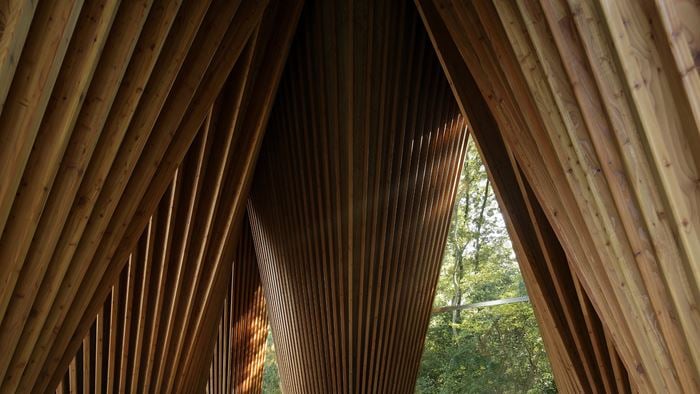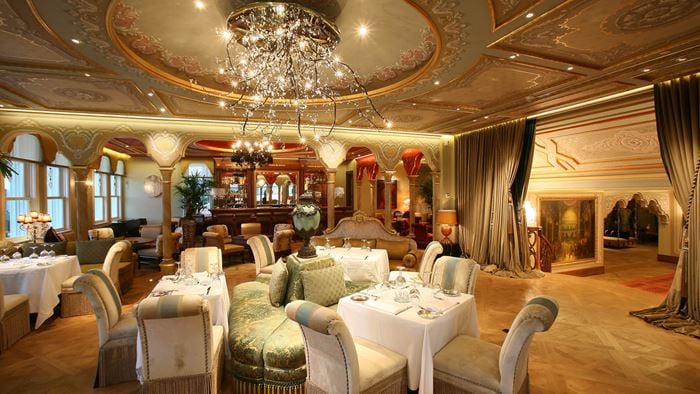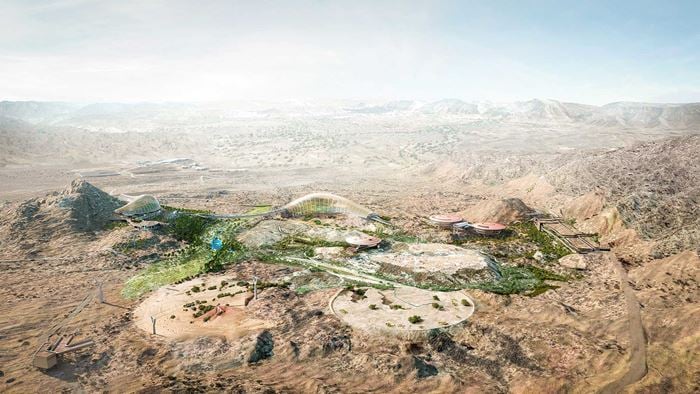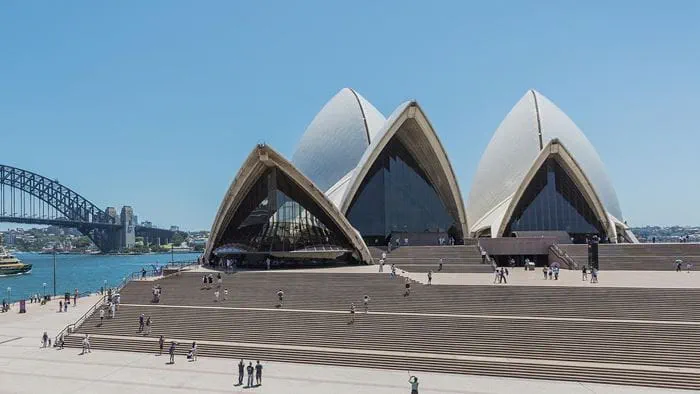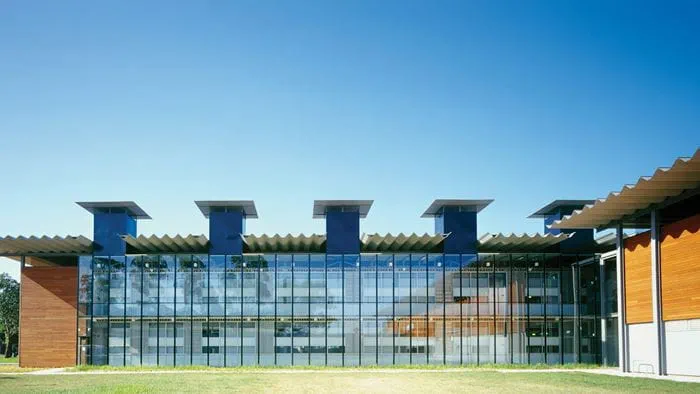After co-drafting the Green Theatre report for the Greater London Authority in 2008, Arup recognised the significant impacts that can be made. In follow up, Arup recently undertook energy studies for the Royal Albert Hall and Royal Opera House.
As part of the studies, practical and affordable measures were identified in order to reduce energy use and maximise returns in the shortest pay-back period possible.
Energy consumption
Both buildings are performance spaces with a high usage. A lot of their energy is expended through lighting, sound and stage ancillary, which became the focus of the studies.
Current energy consumption was evaluated and compared to published benchmarks. As each building is unique in its design, construction and pattern of use, building specific benchmarks were also developed for total energy and end use loads.
Cost savings
The studies indicated that energy efficient lighting controls, energy management strategies, sub-metering systems and small power management could reduce energy usage by up to 25%.
Arup calculated that a mixture of methods could save the Royal Albert Hall an estimated £91,000 and the Royal Opera House £234,000 in the first year alone.
Royal Opera House
The study indicated annual energy consumption could be reduced by:
-
Electricity: 3,077,800 kWh (25.5%)
-
Gas: 697,500 kWh (9.3%)
-
CO₂: 1,795 Tonnes of CO₂ (23%)
It was suggested that the implementation of the suggested affordable measure would generate a variety of different pay-back periods, ranging from less than one year for the sub-metering and free cooling, through to five years for the energy efficient lighting and controls. Long term options included the installation of a gas combined heat and power unit, which would have a 7.5 year pay-back period.
Royal Albert Hall
The study indicated annual energy consumption could be reduced by:
-
Electricity 1,009,582 kWh (21%)
-
Gas 745,917 kWh (19%)
-
CO₂ 683 Tonnes of CO₂ (18%)
Arup provided a number of affordable measures that if implemented would yield an overall 20% energy saving. Long-term investment options included replacing the existing boiler system and utilising the existing bore-hole water for ground water cooling.
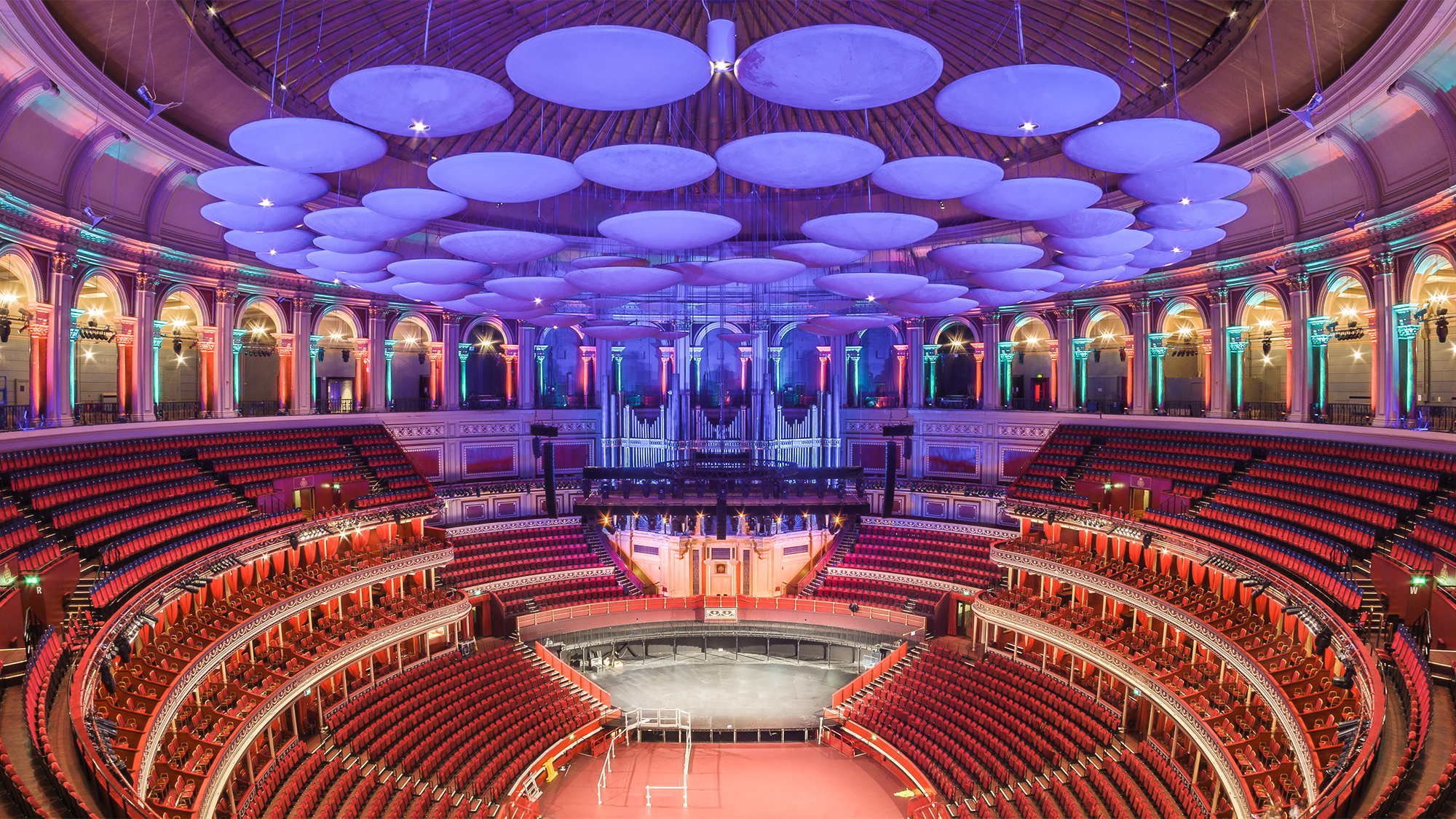 ;
;

